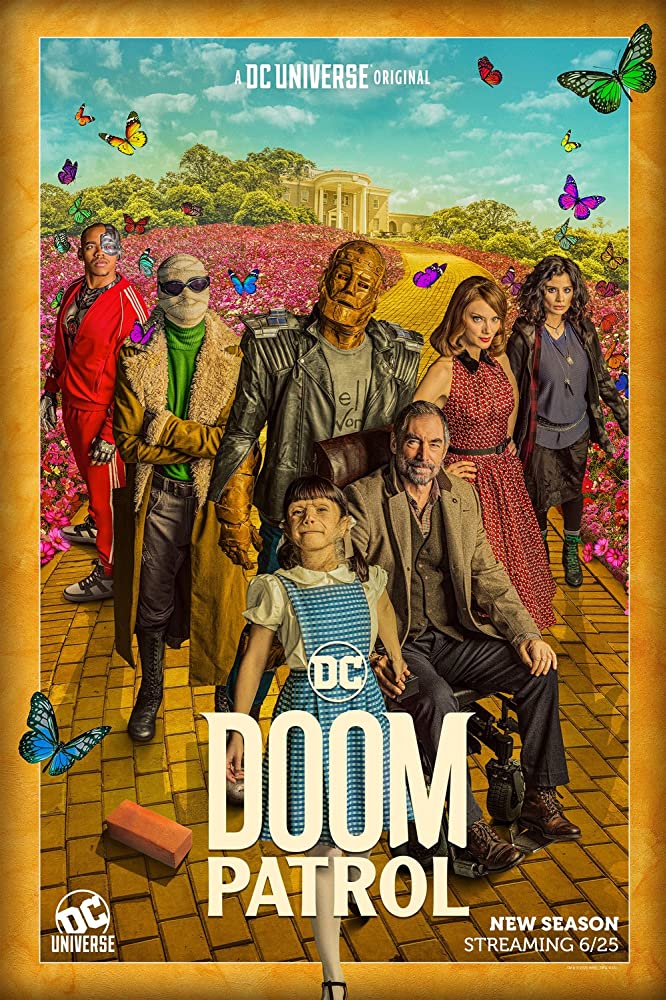The only variable in today's Hollywood, then, is predicting where the next trend will come from. While the vogue for French comedies is passé, Hollywood can't seem to get enough of Asian films–Japanese horror films in particular.
Asia has such a different aesthetic that, over the years, few films have made the leap to America. All that changed in 1998 when filmmaker Hideo Nakata adapted Kôji Suzuki's hit novel Ringu to the big screen. This high tech take on the traditional Japanese ghost story became a smash hit overseas. In 2002, Gore Verbinski helmed the American remake for DreamWorks, and ended up making nearly $130 million at the box office. From that point on, there was no turning back. American studios started grabbing every Japanese horror film they could get their hands on.
Moribund for most of the '90s, the Japanese film industry rebounded after the turn of the century with a spate of spooky cinema. Takashi Shimizu's 2000 direct-to-video movie Ju-On: The Grudge was more or less a quick knockoff of Ringu, but it became another big hit in Asia's modern horror revival. Not so surprisingly, Ju-On was quickly snapped up by Sam Raimi's Ghosthouse Pictures to be remade and distributed by Sony Pictures. After several directorial changes, original director Takashi Shimizu was recruited to direct the American version starring Sarah Michelle Gellar. Oddly enough, Shimizu had already done three other remakes/sequels in Japan, making the American outing his most highly polished version. Ringu's Hideo Nakata made the leap to America shortly after, directing his own version of The Ring 2.
This week, Touchstone Pictures (that's Disney to all you laypeople) will release Dark Water, a remake of the 2002 film Honogurai Mizuno Soko Kara, which was directed by the ubiquitous Hideo Nakata and based on another book by Ringu author Kôji Suzuki. The new version stars Oscar winner Jennifer Connelly as a single mother confronting supernatural forces in a run-down apartment complex and is directed by Brazilian Walter Salles (Central Station, The Motorcycle Diaries). Amazingly enough, like The Ring and The Grudge, this version is arguably a more polished and well thought-out examination of the original Japanese themes.
Unlike the gory “teenagers in jeopardy” horror movies of American origin, Japanese horror films have settled into a creepy, atmospheric and decidedly old-fashioned vein. More psychological than visceral, these films have as their origin traditional Japanese folktales. The supernatural, or kwaidan, has been represented for centuries in Japanese kabuki and noh theater. Previous to the current spate of ghost-haunted films, the most famous Japanese horror story was Masaki Kobayahi's celebrated 1964 movie Kwaidan, which collected several traditional spook tales. (The film is currently available on Criterion Collection DVD.)
In the wake of such unimaginative outings as the remakes of Texas Chainsaw Massacre, Dawn of the Dead and House of Wax, the subtlety of a Japanese import seems almost like a breath of fresh air. Even so, Hollywood will eventually reach a saturation point, and American audiences will find themselves bored with dark-haired female ghosts. There's already an indication that the Japanese have, as Ringu parody films seem to be running rampant overseas.
Still, that's not slowing the Americans down. Kadakowa Pictures USA, the Los Angeles-based branch of Kadakowa Shoten Publishing, recently announced plans to finance an American remake of Takashi Miike's subtle–and scary–Ringu/Ju-On parody One Missed Call. Kadakowa had previously produced the Ringu and Ju-On films (not to mention the original version of Shall We Dance?) and decided it was time to get in on some of this American remake action itself.
Next on the remake block is Pulse, a redux of Kiyoshi Kurosawa's existential 2002 ghost story, Kairo. The film was originally slated to be redone by Scream director Wes Craven, but is now being shot by newcomer Jim Sonzero with “Veronica Mars” star Kristen Bell in the lead role. This will, undoubtedly, be the trickiest of the remakes to pull off, as Kurosawa's brilliant, near-experimental original isn't the best candidate to translate into a coherent, teen-based shocker.
Still, Japan isn't the only place reaping the (debatable) benefits of the American remake trend. The Pang Brothers' supernatural Hong Kong/Thai hit The Eye is being reshot in America by … drumroll, please … Hideo Nakata. Korea's eerie drama A Tale of Two Sisters is poised for Americanization as well. Signs are that Hollywood's even branching beyond horror with Korea's rough and tumble female action flick No Blood, No Tears firmly entrenched at Queen Latifah's production company and Chan-wook Park's Grand Jury Prize winner at Cannes, the twist-laden thriller Oldboy, to be tackled by Better Luck Tomorrow director Justin Lin (as soon as he finishes Fast and the Furious 3).
Heck, even a master filmmaker like Martin Scorsese isn't immune to the lure of Asian cinema. His next film, The Departed–a cops-and-criminals saga starring Leonardo DiCaprio and Matt Damon–is a remake of the 2002 Hong Kong smash Infernal Affairs.
So, if you're looking for Hollywood's next smash hit, just head to the nearest Asian video store. Tell 'em Martin Scorsese sent you.



